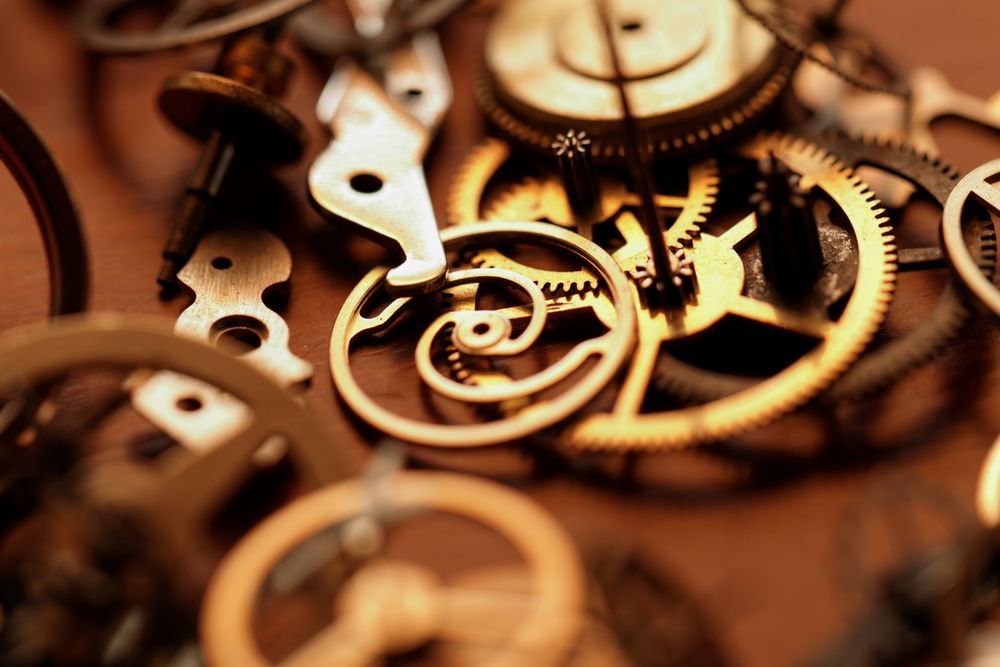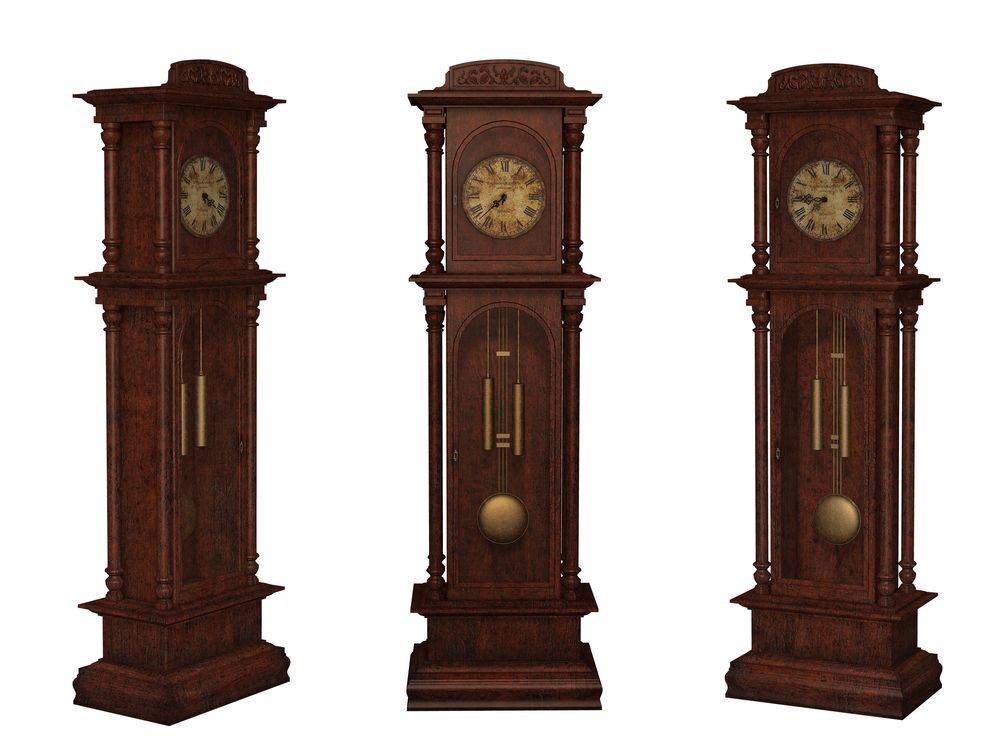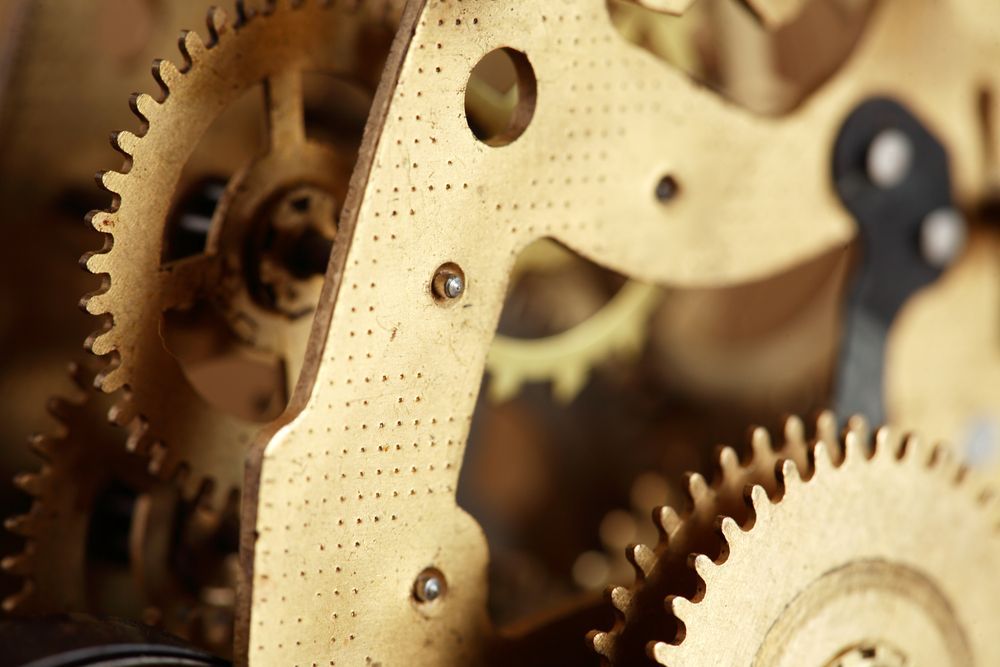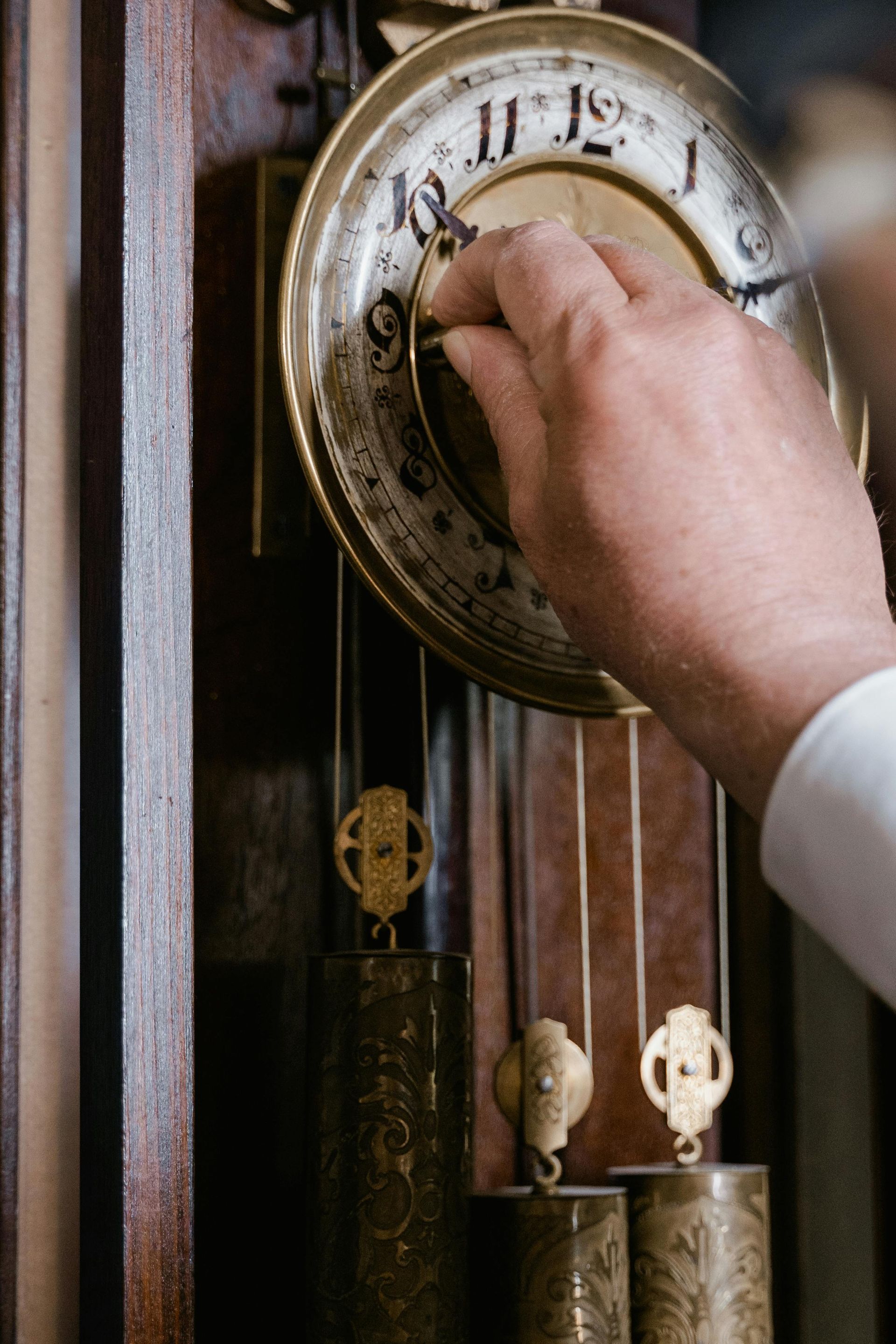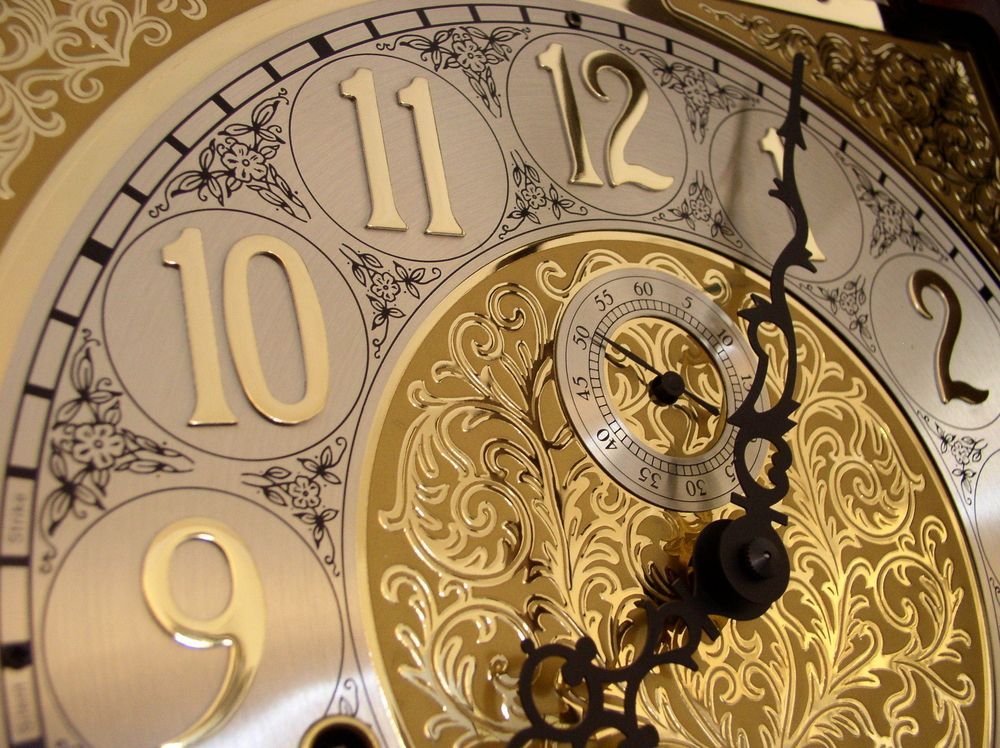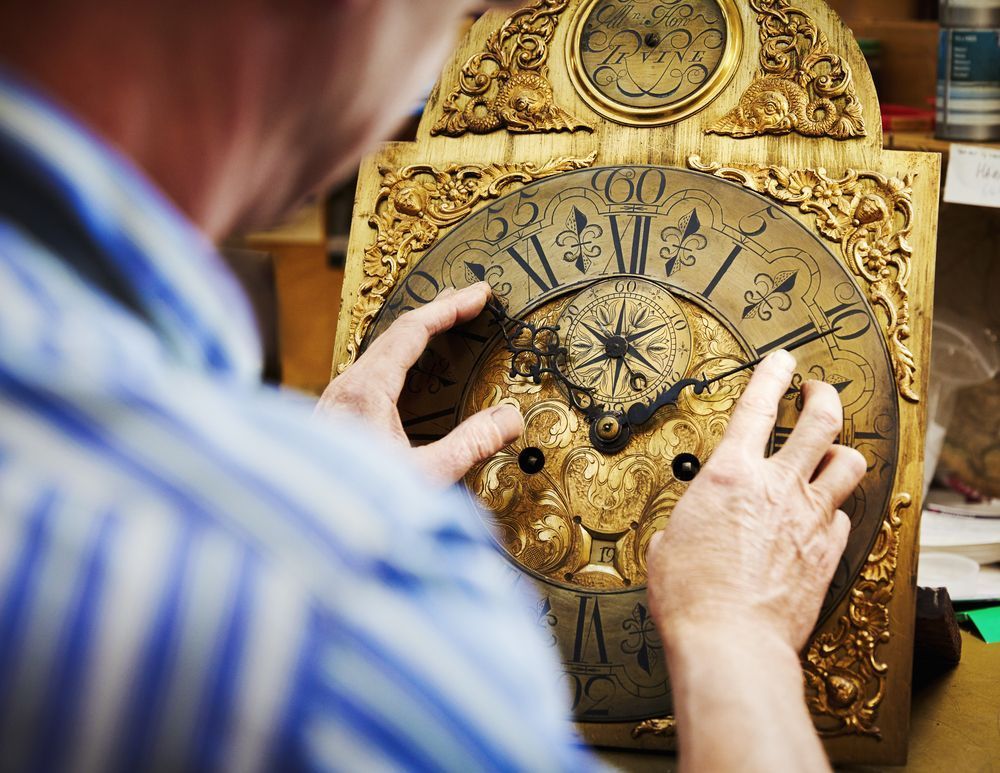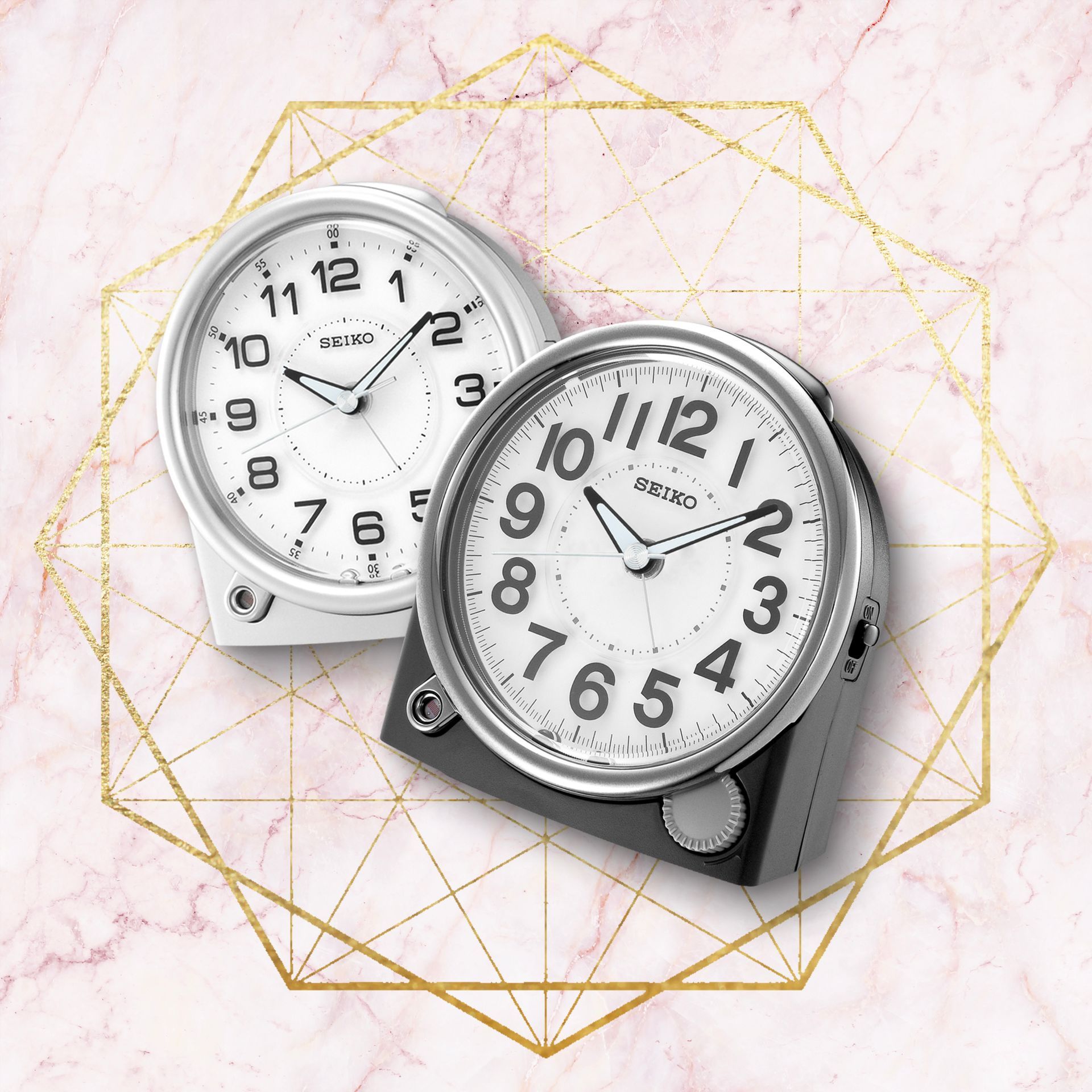Can Proper Oiling Extend Your Clock’s Lifetime?
Mechanical clocks are intricate timepieces that require regular maintenance to function optimally. One of the most crucial aspects of clock maintenance is proper oiling. Clock oiling ensures that gears, pivots, and other moving parts experience minimal friction, reducing wear and tear over time. Without regular lubrication, clocks can begin to malfunction, lose accuracy, or even stop working entirely. But can proper oiling actually extend your clock's lifetime? The answer is a resounding yes.
The Importance of Oiling for Mechanical Clocks
Mechanical clocks operate using a system of gears, levers, and springs that work together to keep time accurately. Over time, these components can develop friction, leading to unnecessary wear. Oiling your clock serves several important functions:
1. Reduces Friction and Wear
Without lubrication, the constant motion of gears rubbing against each other creates friction. This friction leads to gradual wear and tear, causing metal parts to degrade. Clock oiling forms a protective layer between moving components, reducing direct contact and preserving the integrity of the mechanism.
2. Prevents Rust and Corrosion
Moisture and air exposure can cause metal parts to oxidize, leading to rust and corrosion. A quality clock oil acts as a protective barrier, preventing moisture from settling on sensitive parts and extending the longevity of the movement.
3. Maintains Time Accuracy
When a clock's gears experience too much friction, they begin to slow down, leading to inaccurate timekeeping. Proper lubrication helps maintain smooth gear movement, ensuring that your clock keeps accurate time for years to come.
4. Minimizes the Risk of Costly Repairs
Routine clock oiling prevents unnecessary strain on the mechanism, reducing the likelihood of premature failure. Without proper lubrication, some clock parts may require expensive repairs or replacements. Regular maintenance helps you avoid costly restoration work in the long run.
5. Enhances Longevity
A well-oiled clock can last for generations, making it a treasured heirloom. Many antique clocks still function today because their owners followed strict maintenance schedules, including regular oiling.
Signs Your Clock Needs Oil
Most clock manufacturers recommend oiling your clock every three to five years, but depending on environmental conditions and usage, it may need attention sooner. Here are some clear signs that your clock requires lubrication:
1. Inconsistent Timekeeping
If your clock is running too fast or too slow, it could be a sign of increased friction among its gears. Lack of lubrication can cause sluggish movement, affecting its precision.
2. Loud Ticking or Grinding Noises
A mechanical clock should operate smoothly and quietly. If you notice loud ticking, clicking, or grinding noises, this might indicate that parts are rubbing together without adequate lubrication.
3. Pendulum or Hands Stopping Abruptly
If your clock's pendulum stops swinging or the hands freeze at certain times, it could be due to excess resistance within the movement, often caused by dried or degraded oil.
4. Visible Dust or Dirt Accumulation in Gears
Over time, dust can mix with old oil, creating a thick grime that slows down movement. If you notice buildup inside the clock mechanism, it may be time for a professional cleaning and re-oiling.
5. Hardened or Darkened Oil
Clock oil should remain clear and fluid. If you see thickened, dark, or sticky residue around the pivots and gears, this is a sign that the oil has deteriorated and is no longer effectively reducing friction.
Common Mistakes in Oiling Your Clock
While clock oiling is an essential maintenance task, improper lubrication can do more harm than good. Here are some common mistakes to avoid:
1. Using the Wrong Type of Oil
Not all lubricants are suitable for clocks. Many people make the mistake of using household oils like WD-40, motor oil, or vegetable oil, which can damage clock components over time. Only use high-quality clock oil specifically designed for mechanical timepieces.
2. Over-Oiling the Movement
Applying too much oil can attract dust and dirt, which creates a sticky sludge inside the mechanism. Excess oil can also seep into unwanted areas, potentially damaging the clock's internal structure.
3. Under-Oiling or Skipping Oil Application
Some clock owners assume their timepiece doesn't need oiling unless it stops working. However, once the damage has begun, it can be difficult to reverse. Skipping scheduled lubrication can shorten your clock's lifespan significantly.
4. Failing to Clean Old Oil Before Reapplying
Old oil residues harden over time and can clog gears and pivots. Before applying fresh oil, a professional should clean out old deposits to prevent sludge buildup.
5. Oiling the Wrong Parts
Not all moving parts in a clock require oil. Over-lubricating certain areas can interfere with the clock's function. Professional clockmakers know precisely which pivots and gears need oiling and how much to apply.
6. Attempting DIY Oiling Without Expertise
Many mechanical clocks, especially antiques, have intricate mechanisms that require precision. Improper handling during oiling can lead to further damage. It's always best to consult a professional clock repair service if you're unsure.
Keep Your Clock Running Smoothly with Expert Oiling Services
Proper clock oiling is one of the simplest yet most effective ways to maintain your timepiece and extend its lifetime. Regular lubrication prevents wear, ensures accurate timekeeping, and preserves the craftsmanship of your treasured clock. However, improper oiling can lead to severe damage, making professional servicing a worthwhile investment.
At Chicago Clock Company, we specialize in expert clock repair including in-home grandfather clock repair, battery replacement, and sales to keep your cherished timepiece in pristine condition for customers in the Chicagoland area. Our team has extensive experience in servicing mechanical clocks of all types, ensuring that they remain functional for generations to come. We also accept repairs shipped to us from other states.
Get a free estimate while you wait!
Call us today to schedule an appointment and let our skilled technicians provide the care your clock deserves.


